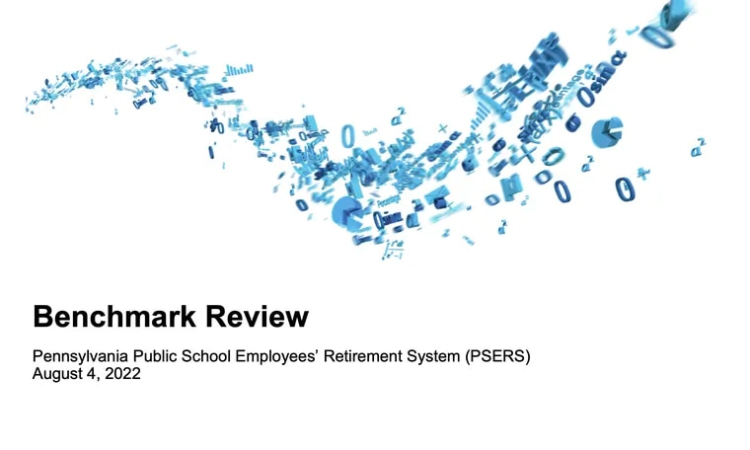
The $70 billion Pennsylvania school pension system has agreed to “commence litigation” over a 2-year-old report that exaggerated the system’s profits for 2011-20.
Officials of the system, known as PSERS, won’t confirm who the lawyers are preparing to sue. As the Inquirer reported in May, pension lawyers have been weighing action against Aon Investments USA Inc., the agency’s longtime investment consultant, which generated the report that contained the wrong investment results.
“We’re not going to comment on pending litigation,” said Aon spokesman Robert Elfinger.
At the same time, the system is beginning a hunt for a new investment consultant, three years into Aon’s five-year contract. Elfinger said he could not immediately confirm if Aon is still working for PSERS. PSERS officials declined to comment.
After a closed-door discussion that lasted more than an hour, PSERS trustees agreed at a Tuesday night special meeting to authorize Blank Rome LLP, the Philadelphia law firm, to begin legal action “with respect to matters related to the 2020 risk share calculation error.”
The move came six months after PSERS hired the firm to help the system’s own legal staff weigh its legal options from the error, which PSERS was forced to correct last year. The restatement forced PSERS to increase pension contributions from 100,000 mostly younger teachers and other school staff, under a state law that kicks in when the system misses multi-year investment targets.
Besides telling Blank Rome to go ahead and litigate, trustees approved an “emergency procurement” proposal to hire a firm for “investment consulting services including all asset classes and investments.” That’s the job Aon, then known as Aon Hewitt Investment Consulting Inc., was hired to do, most recently in a five-year, $3.4 million contract the agency approved in 2019, to run until 2024.
After the error was acknowledged in early 2021, PSERS’s then-executive director, former state legislator Glenn R. Grell, had called on trustees to fire Aon. Instead it was Grell who stepped down, as did four other top PSERS officials, later in the year. A federal prosecutors’ investigation of the miscalculation ended with no charges; the Securities and Exchange Commission has also been reviewing the misreporting, among other issues at PSERS.
A report PSERS received last winter from a law firm it hired to review the wrong numbers, Womble Bond Dickinson, stated that “Aon took responsibility ” for a “data entry error” that caused exaggerated results, citing also “a series of unfortunate oversights” and a lack of “transparency.”
But in letters included in the Womble report, Aon attorneys “disagreed” with “any allegations of wrongdoing on the part of Aon.” They added that the early version of the report which PSERS’s consultant provided for its review made it “difficult for Aon to understand what, if any conclusions,” Womble had actually reached, and “reserves all rights to challenge” the report’s findings.
Despite Womble’s report and Grell’s advice, Aon had remained PSERS’ trusted adviser. An Aon partner, Claire Shaughnessy, based in Connecticut, headed a team that reported to PSERS’s investment committee at its last regular board meeting in October that the plan, while missing its long-term targets as stock values plummeted, was “one of the few plans that enjoyed a positive return” for its investments, thanks in part to the hedge funds accumulated on Grell’s watch, which the board has since voted to phase out over the next few years.






